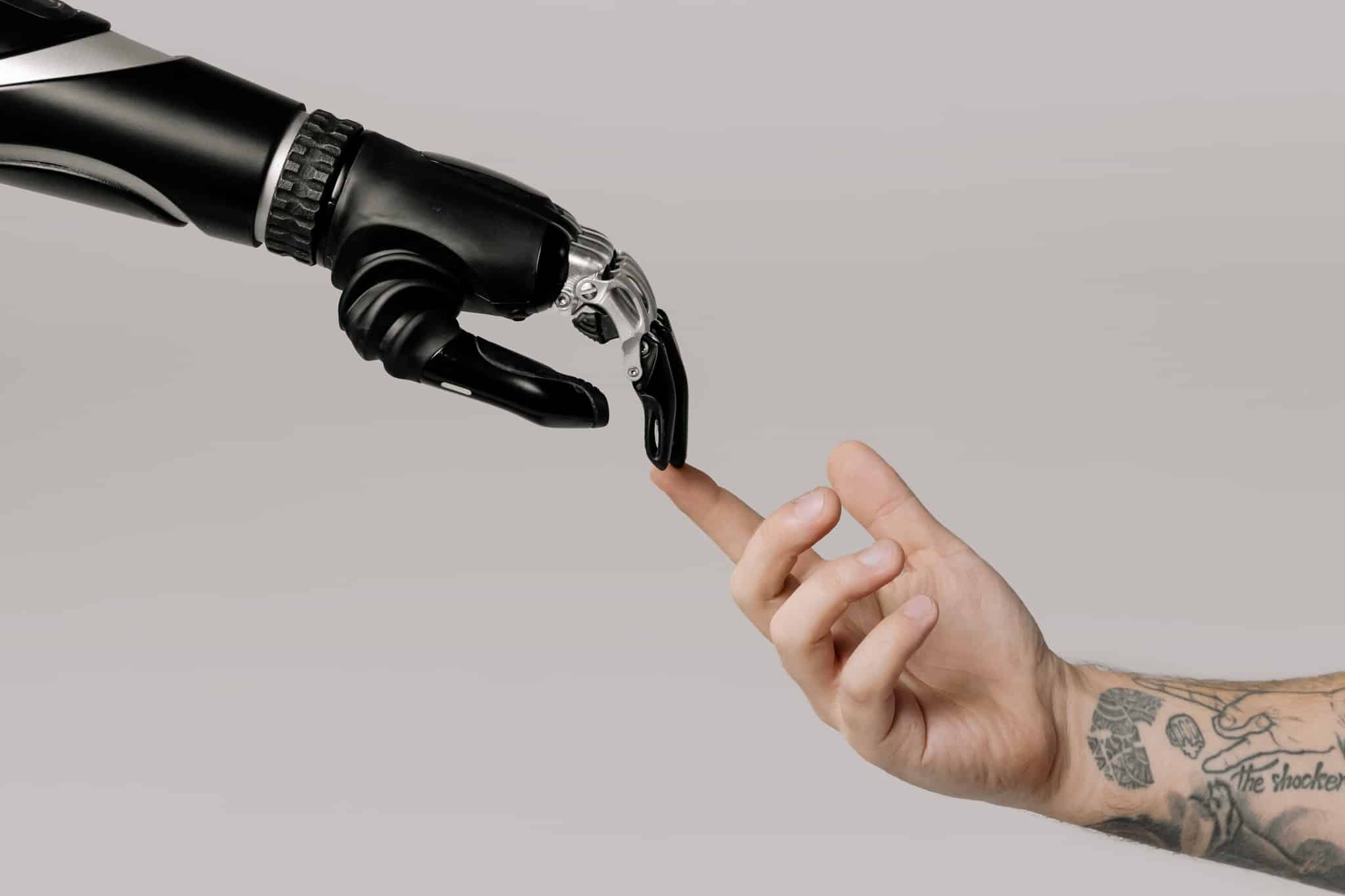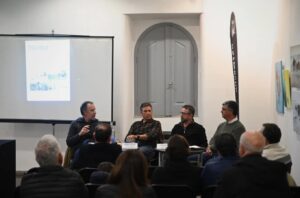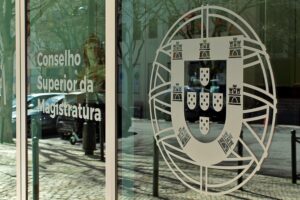New study suggests ‘collapsing professions’ include waiters, bartenders and cooks
Almost a third of jobs in Portugal are at risk of disappearing due to the effects of automation and Artificial Intelligence on the labour market.
According to a study by the Francisco Manuel dos Santos Foundation, 120 professions are exposed to technological change in a universe of 3.2 million workers, and 280,000 companies.
Some will benefit from the technology, others definitely will not.
In the latter category, the study estimates there are between 900,000 to one million workers – thus it is imperative to have some form of ‘re-training strategy’.
The 28.8% of workers in so-called “collapsing professions” (including waiters, bartenders, mobile equipment operators and cooks) are at what the study sees as the most serious “risk of extinction”.
Only 22.5% of jobs will have the potential to benefit from the production gains generated by artificial intelligence, says the study.
Those who will benefit most from digitalisation will be ‘up-and-coming professions’, such as primary school teachers, nursery teachers, sales, marketing, finance and accounting specialists.
Conversely, around 35.7% of professions will not be replaced by automation, nor will they benefit from digitalisation.
On the list of professions not at risk of being replaced are cleaners, physical activity technicians and farmers.
According to the study, Lisbon, Coimbra, Porto and Vila Real are the districts that can benefit the most from automation and AI, as they are the districts where more workers from ‘rising professions’ are concentrated.
On the other hand, Viana do Castelo, Braga, Aveiro and Viseu have more than 40% of their employment exposed to the destructive effects of technological change.
The authors of the study highlight the need for training and skills development, and emphasise the “growing importance for the future of skills such as communication, creativity and problem solving” – tragically attributes that in the past have not been encouraged by state education curricula.
Source material: SIC Notícias/ Rádio Renascença




















